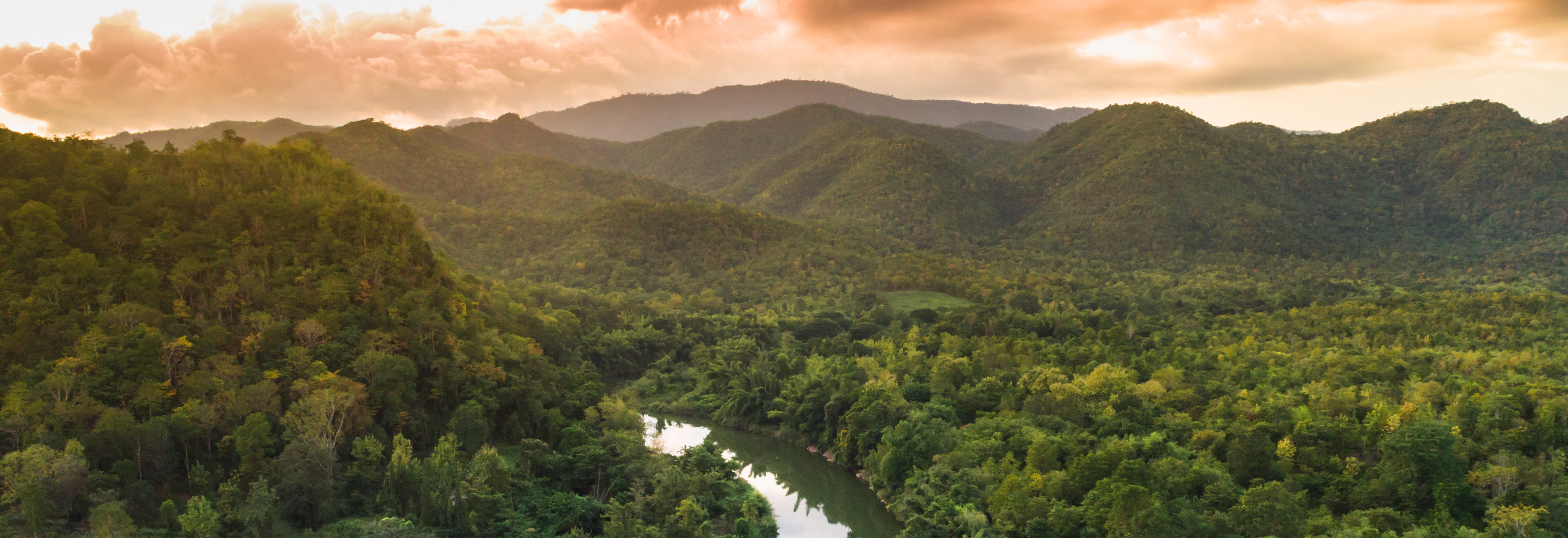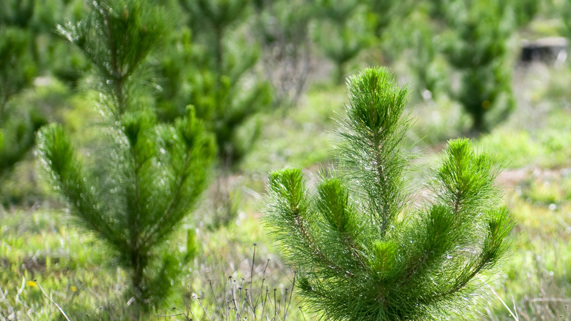
Purchasing power plus carbon footprint tracking
October 20, 2020Four years ago, service innovation consultants Johan Pihl and Mathias Wikström were looking for ways to support the corporate social responsibility work of The Bank of Åland, a Finnish bank headquartered in the Baltic Sea’s Åland Islands. They wanted to think beyond a branded trinket or everyday giveaway — and wanted to share something inspirational.
So they turned to the sea. After centuries of factories pouring exhaust fumes and carbon dioxide into the air above, the water around Åland was in terrible shape. Pollution was killing its marine life and poisoning fish. Tons of plastic bottles, bags and toxic residue were washing ashore the nine countries surrounding the Baltic Sea. Few places on Earth have experienced the impact of human behavior on the environment so directly.
Pihl and Wikström came up with a way for people to personally help reverse the trend through a mobile app that connects users to methods for calculating the carbon footprint of their credit card payments. The idea worked beautifully for Bank of Åland, raising the curtain on just how impactful a credit card could be. “The credit card is something that that we use every day,” Pihl says. “If we could change its purpose to ensure transparency and responsibility, we thought that was a really mind-blowing proposition.”
Inspired to take the idea to the rest of the world, the two launched Doconomy, a fintech that helps cardholders use their own money — and how they decide to spend it — as a tool to help fight climate change.
Mastercard also saw the potential, collaborating with Doconomy to launch the Aland Index — a tool that gives cardholders visibility into their carbon footprint by connecting each purchase they make to its impact on the planet.
Building upon this foundation, they announced the DO Mastercard in 2018. The DO card, which is powered by the Åland Index and Doconomy's DO service, helps users to track, understand and reduce their carbon footprints through donations to United Nations-certified climate projects. Not only is the DO card made from biodegradable material, but Doconomy also removed the magnetic strip to save resources as Mastercard now offers more secure methods for authentication, such as chips, PIN numbers and biometrics.
Since 2019, the Aland Index has been available to any Mastercard-issuing bank, and by next year, the index will be hosted on the Mastercard network, allowing banks to integrate it seamlessly through Mastercard APIs and reaching more cardholders, educating them about their environmental impact and ideally compelling change.
“We have a responsibility to create sustainable economic growth that does not come at the expense of the environment, and nature-based solutions like this one can actually help heal the planet," says Jorn Lambert, Mastercard’s chief digital officer. “Digital technology and innovative partnerships can truly help solve global challenges.”

Doconomy is already helping other businesses become more sustainable with its recent launch of its 2030 calculator, which provides brands with a free and transparent way to calculate their products’ carbon footprint. It’s information consumers can use to make more informed purchase decisions — a capability typically out of reach for smaller businesses. The beta version enables precision calculations for apparel companies but brands from other categories, ranging from food to furniture, will soon share or fund new data sources. “When you add this information to a consumers’ understanding, the market for sustainable products will grow,” Pihl says.
Doconomy joined Mastercard’s Start Path startup engagement program earlier this year to harness the company’s global network to scale its solutions and inspire others seek positive change through action. All of this work into Doconomy’s ambitious goal: engage 500 million people globally to change their behavior. That would help put a dent in the UN’s projection that the world must slice carbon emissions in half by 2030 to avert environmental disaster.
It is a tall order, but Wilkström remains hopeful. “People are connecting the dots,” he says. “They see how their health is connected to the health of society, and society’s health is connected to the health of the planet.”
